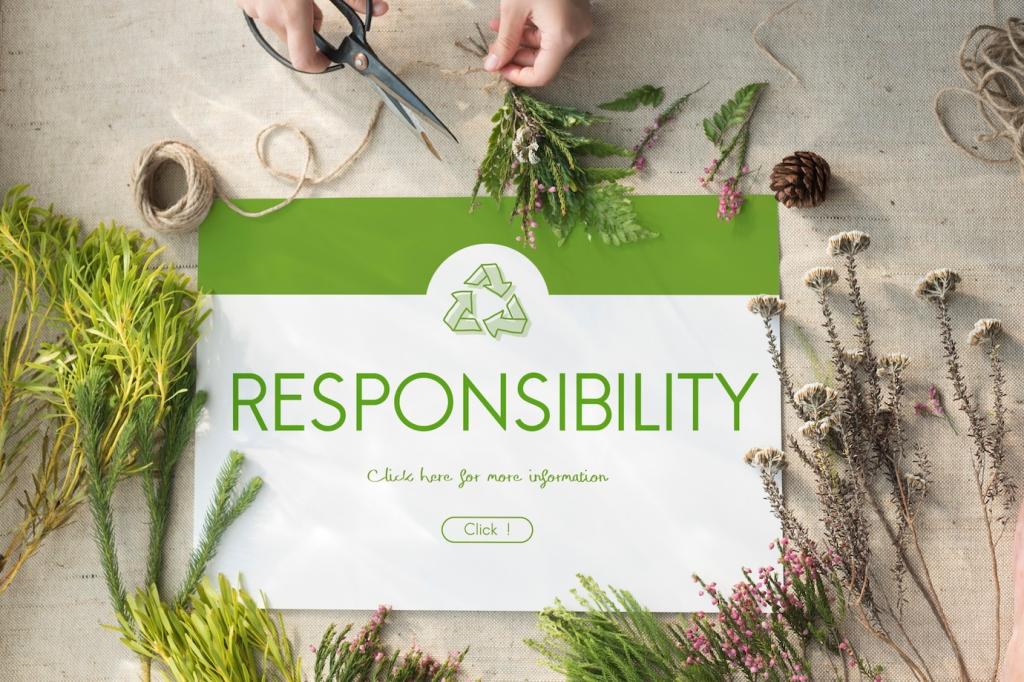Digital MRV: The Backbone of Credible Green Taxation
Utilities and industrial sites are piloting continuous emissions monitoring systems that feed verified data directly into tax dashboards. This reduces disputes and enables dynamic rates. Curious how this could affect monthly bills or compliance timelines? Ask your questions and subscribe for our upcoming guide.
Digital MRV: The Backbone of Credible Green Taxation
Tokenized renewable energy certificates and verifiable offsets can prevent double counting and streamline eco-tax credit claims. Transparent registries make audits faster and cheaper. Would a digital wallet for compliance simplify your filings? Tell us your biggest pain points—your feedback shapes our next deep dive.


